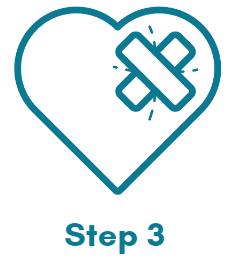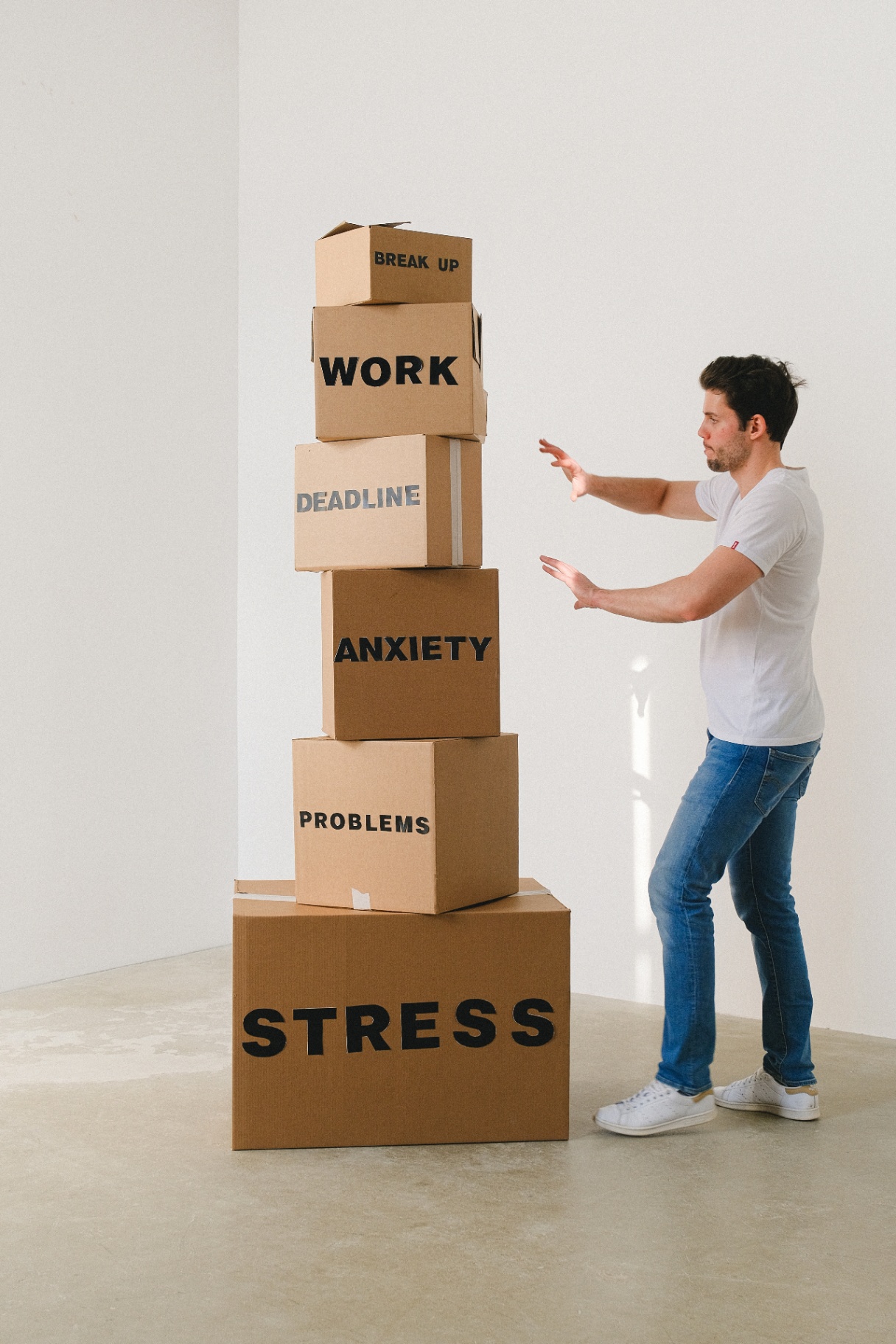Anxiety does not have to stop you from living the life you want to live. When it comes to treating anxiety disorders, research shows that therapy is usually the most effective option. That’s because therapy – as opposed to medication – treats more than just symptoms of the problem. That’s not to say that medication doesn’t have a place in treatment. In fact, many studies show that combined medication and therapy is more effective than medication alone.
At New Moon Psychotherapy we’re committed to using evidence-based psychotherapy to treat anxiety. These are the therapies that have been well research and shown to effectively reduce symptoms of anxiety disorders.
 Cognitive Behavioral Therapy (CBT) is an evidence-based psychotherapy for anxiety that focuses on understanding and changing your thoughts, feelings, and behaviours. It can help you learn how to recognize and change problematic thoughts and develop skills to help you gain confidence in various situations.
Cognitive Behavioral Therapy (CBT) is an evidence-based psychotherapy for anxiety that focuses on understanding and changing your thoughts, feelings, and behaviours. It can help you learn how to recognize and change problematic thoughts and develop skills to help you gain confidence in various situations.
CBT may also include:
- learning social skills to help you feel confident in social situations
- learning relaxation strategies to reduce your stress levels
- gradual exposures to the situations you fear most to develop the confidence to deal with anxiety-producing situations
Mindfulness-Based Therapies can be used to help you learn to attend differently to your thoughts – instead of trying to change them, learning to live life with them. It can also help you be more present which is important when treating anxiety because anxiety is future focused.
Somatic and Sensorimotor Therapy can be used to provide you with strategies to regulate your emotions and calm the nervous system which will allow you to think more logically.
Dialectical Behaviour Therapy (DBT) can be useful is the anxiety is combined with feeling out of control of your emotions and engaging in destructive behaviours to cope.
Ready to get started? Reach out to us today!
This part can feel uncomfortable and it’s the first step to finding freedom from anxiety.

Call, text, or email using the information/form below. Our administrative team will answer any questions you might have and learn how we can help you.
Prefer to book on your own? Don’t want to wait for the office to open? Click the link below to schedule a consultation.

You will then be connected with a therapist for a free 15-minute consultation.
This is a chance for you to meet the therapist, ask questions and learn about their approach so that you can determine if they’re the right fit for you.

Schedule your first therapy appointment and begin your healing journey!
 Common symptoms of anxiety include:
Common symptoms of anxiety include:



 Cognitive Behavioral Therapy (CBT)
Cognitive Behavioral Therapy (CBT)

